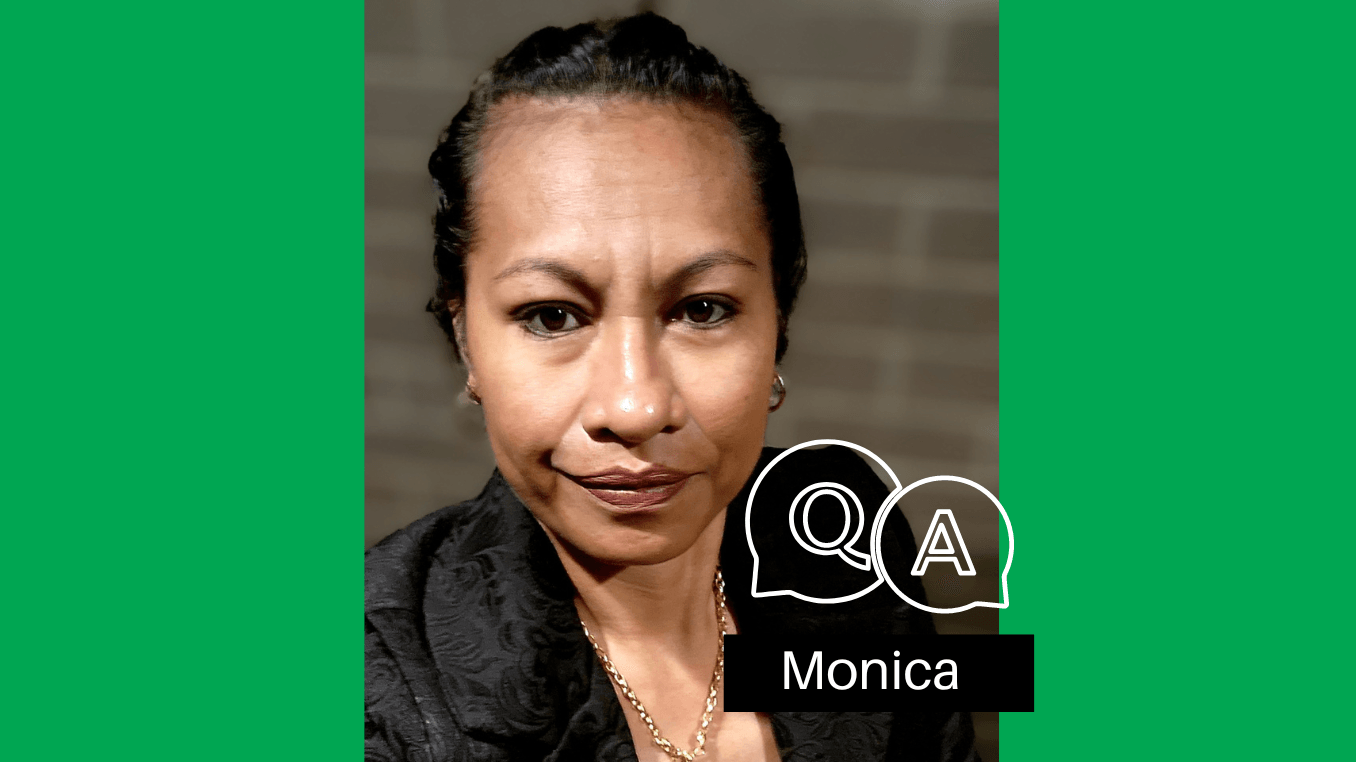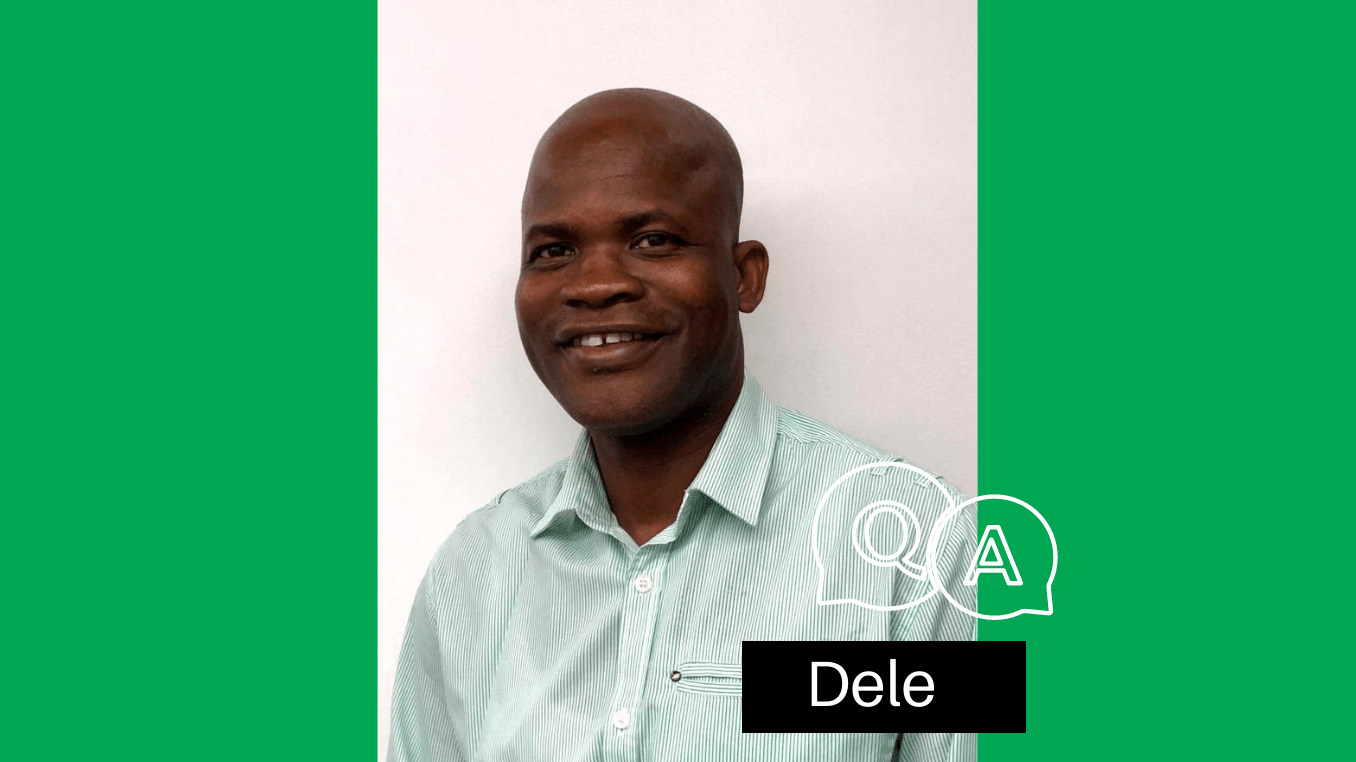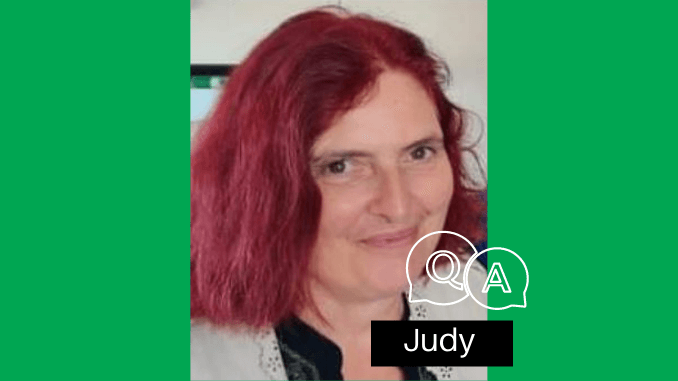Day in the life of an Edmen Residential Youth Worker
We sat down with Residential Youth Worker, Jack, to learn what led him to a career supporting young people and why it has been his best job yet. Find out what he has to say about working with at-risk youths and get his words of wisdom for anyone thinking about getting into the sector.
What were you doing before becoming a Youth Worker?
I moved from Australia to New Zealand in 2012, and I lived there for 4 years. I moved over to play rugby.
How did you first get into youth work?
I started in Youth Work when I moved to Brisbane from New Zealand. I moved over with my family, and we knew very few people – just my uncle and a friend who introduce me to Edmen. At the time, I had my Cert IV in Youth Work so I went through the application process (which really easy), got the job and kicked off my career working with young people.
Why did you decide to pursue a career working with young people?
I’ve always had a passion for youth work. I did a bit of volunteering back in New Zealand and helped out in the community here and there. I had a pretty hard upbringing myself – we had struggles growing up. I’ve always felt strongly about helping young people learn from my own mistakes, things I’ve done in life. You know, what’s the point in having my life experiences if I can’t help the next generation. So that’s why I got into youth work.
What advice do you have to people wanting to get into Residential Youth Work?
Before I started working as a Youth Worker, I wasn’t sure which sector or type of youth work I would be best suited to. But when I got into residential care with Edmen, I just loved it. As a residential youth worker, you’re not looking after 30 kids, you’re only working with 2 or 3 so you can build really good relationships and really get to know them.
What’s been the best thing about working with Edmen?
I’ve made so many friends! The majority of my mates I have in Brisbane I’ve met through work.
What was the Edmen application process like?
It was very easy. I got referred from my friend, which was followed by a phone call from one of Edmen’s recruiters. They helped apply for a Blue Card (which you need to work with young people in QLD) and obtain a First Aid certificate. As soon as everything cleared, I think it took around 4 weeks, I picked up shifts the next day.
Run us through a typical day as a residential youth worker
Every house or youth residential centre will have a program or planner for the kids to help build structure into their day. Day-to-day activities include support with school, family visits, taking the kids to sports and cooking meals. As a residential youth worker, you are the primary carer for young people during the shift. Your main role is to keep them safe and get to really know them, whilst teaching them life skills and helping them establish a normal routine.
How old are the kids you work with?
It varies and depends on the house and program. But I’ve worked with kids aged 6 to 18 years old.
What is your advice for someone wanting to become a Youth Worker?
My honest advice is that you must come into the job selfless. You have to understand that many of these kids have been exposed to trauma so you have to have an open mindset. And most importantly, you have to have a passion for the job because it does get hard and it does get draining but it’s also very rewarding – it’s by far the best industry I’ve ever worked in. Financially, it is also very rewarding.
| |
Edmen Community Staffing Solutions Blog
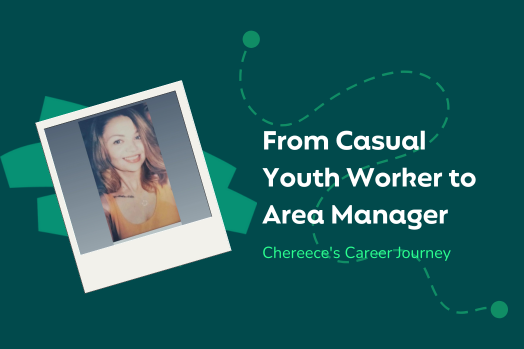
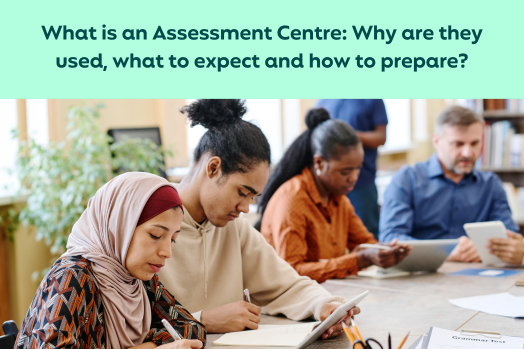
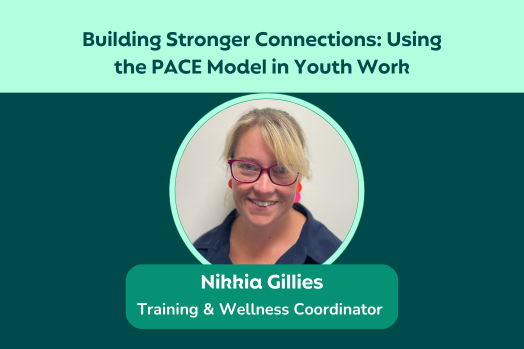
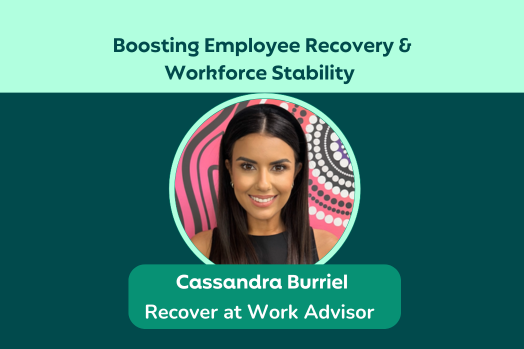

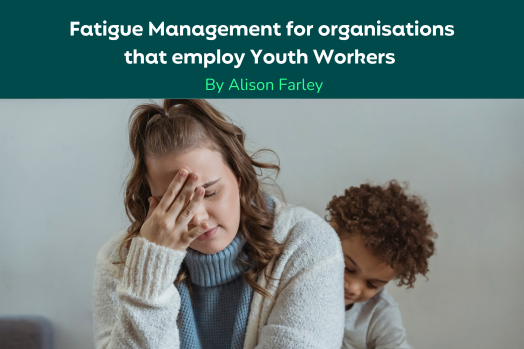


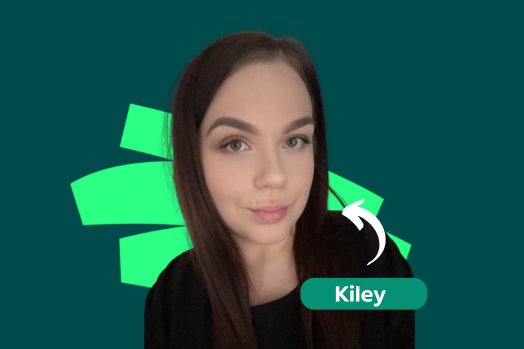
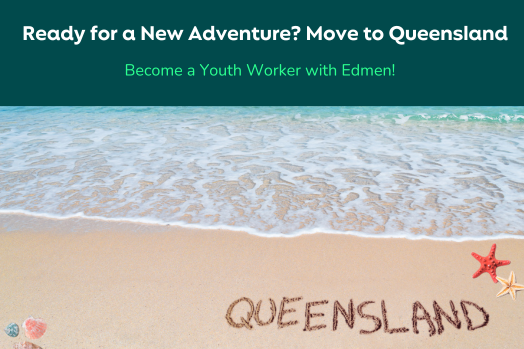
Edmen Community Staffing Solutions Blog


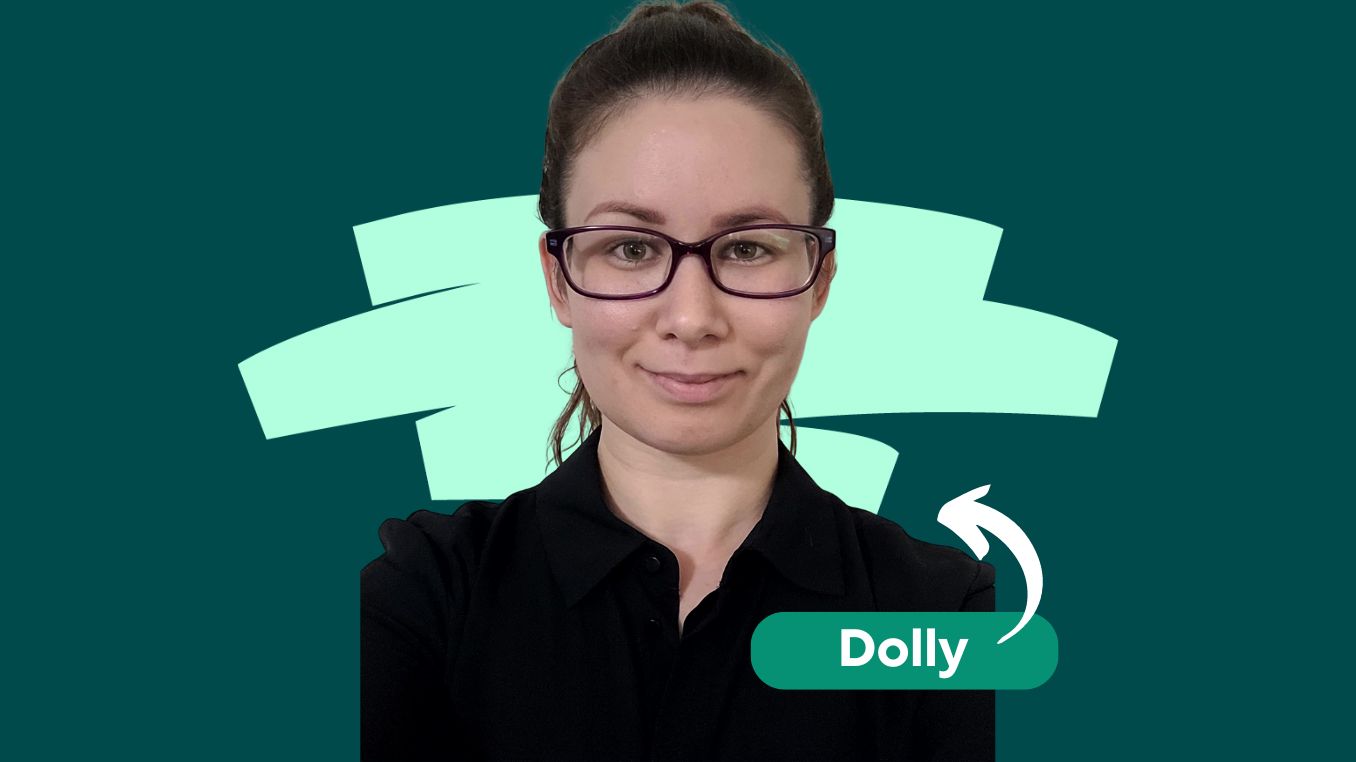
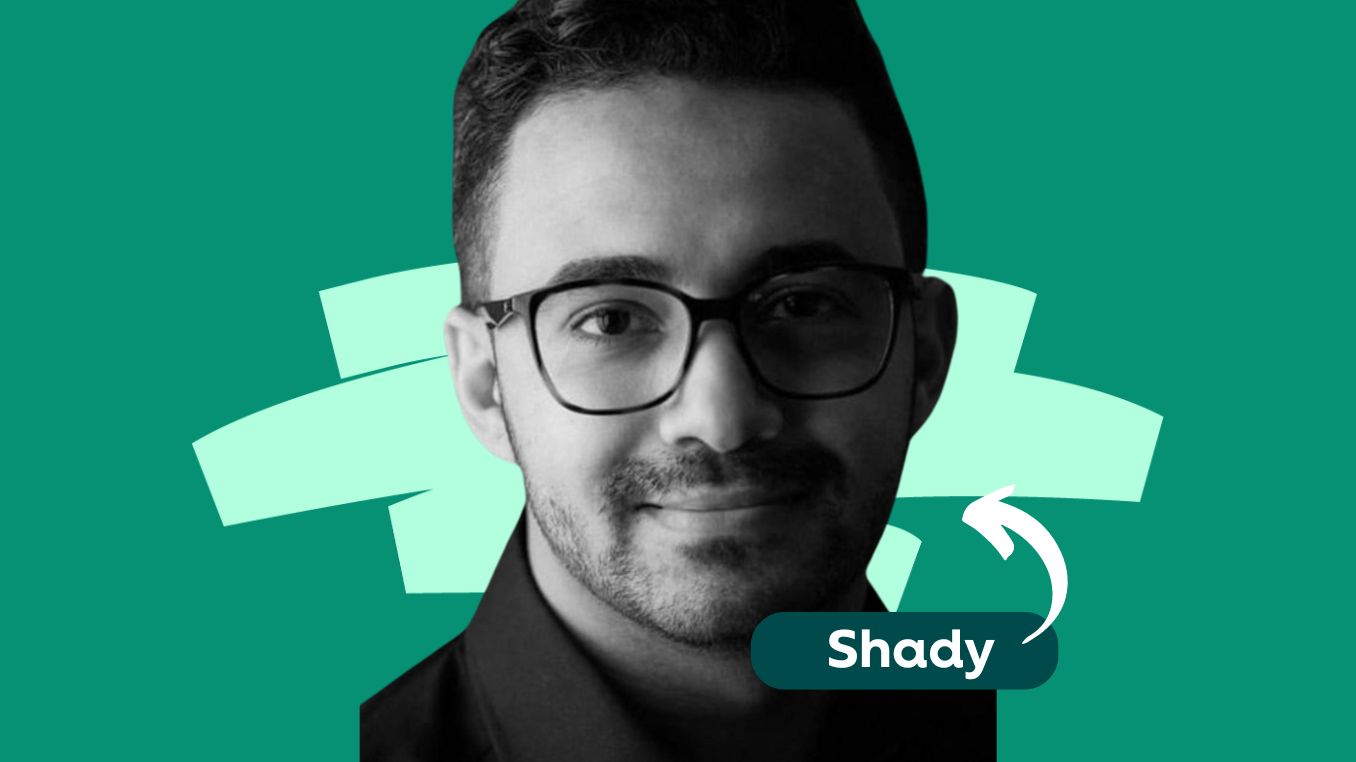
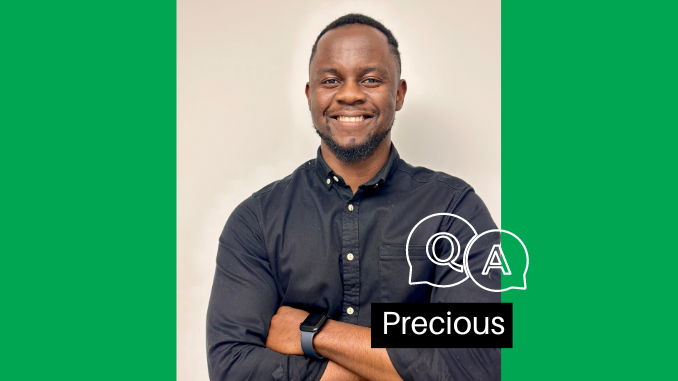

Edmen Community Staffing Solutions Blog












